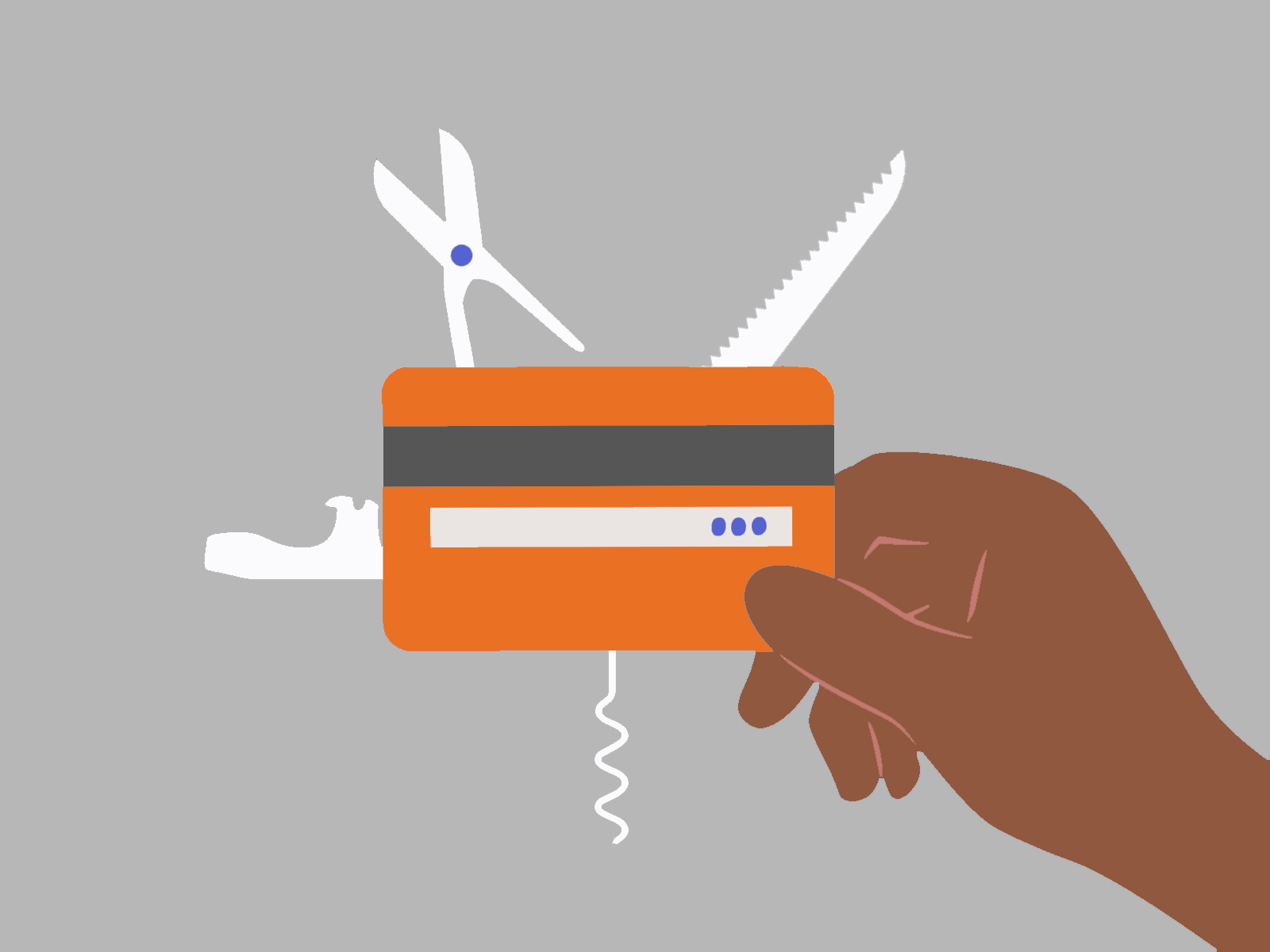Should students get a credit card?
For students, signing up for a credit card at a young age can be helpful as long as it's used responsibly. Recent college or university graduates can have a tough time borrowing money with little to no credit history. That's why it's important to plan ahead. Using your credit card responsibly can go a long way toward building a solid credit history.
Here are four ways having a credit card can benefit students.
Improves short-term cash flow
Perhaps the most important benefit for students is the ability to improve short-term cash flow. Students aren't typically flush with cash. If you're only working part-time and your hours vary from week to week, you may find yourself short on cash to cover expenses like rent, textbooks and transit passes. By following the golden rule of only using your credit card for purchases you can pay off in full when you get billed, you'll avoid paying costly interest charges.
Credit cards offer consumer protection
Credit cards offer protection for consumers. For example, if you purchase school supplies like a laptop, you typically receive an extended warranty at no extra charge. There may be some credit cards that charge for this coverage, however, so it's a good idea to check in advance to see if the card you're considering offers this for free. If you plan to travel during the summer, some credit cards offer travel insurance.
Paying with a credit card is typically a lot safer than paying with cash. If you pay for an event and it's cancelled without a refund, you may be able to contact your credit card company and ask for a charge-back (with cash, your money is likely as good as gone).
Helps build a solid credit history
If you'd like to borrow money for a major purchase like a home or car, building a solid credit history is vital. This holds true especially for students, who typically have little to no credit history. Lenders will be hesitant to approve a major loan if you don't have a proven track record of paying your bills. Signing up for a low limit credit card and consistently paying your balance in full and on time will help build a solid credit history and may boost your credit score.
When signing up for your first credit card, it's important to use it responsibly. That means only buying what you can afford to pay off in full. Carrying a large balance or worse, failing to repay your outstanding balance, can lower your credit score.
Earn rewards on everyday spending
Credit cards are an excellent way to earn rewards on everyday spending. Depending on your credit card, you could earn cash back, reward points or travel rewards. Consider choosing a credit card that offers the type of rewards you value most. For example, if you're really into travelling, consider a travel rewards credit card. If cash back is more important, there are plenty of cash back credit cards to choose from. Consider a credit card without an annual fee, since the fee is usually not worth it for low spenders like students.
Earn $2501 and 4.50% Savings rate†
Open a Chequing Account and move your pay. Plus open a Savings Account for this great rate.

